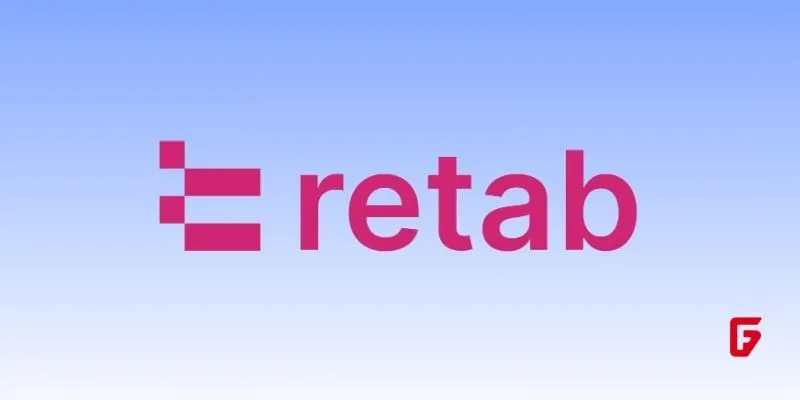In a world buried under paperwork, Retab steps forward with a clear ambition: turning the chaos of unstructured documents into trusted, actionable data. Rather than patching together brittle tools, Retab offers an end-to-end platform designed for reliability. It boldly aims to be the intelligent connective tissue that lets next-generation artificial intelligence (AI) systems finally make sense of scanned forms, PDFs, and handwritten notes. A pre-seed round of €3 million was raised to advance the development of the platform and grow its community.
Who’s Behind Retab and Why It Matters Now
Founded by engineers from Cambridge and École Polytechnique—Louis de Benoist, Sacha Ichbiah, and Victor Plaisance—Retab’s story originates in the real struggles of building automation for document-heavy industries. Frustration with fragile document AI demos led them to craft a platform that delivers genuine, repeatable results for developers and innovation teams alike. With backing from investors like VentureFriends, Kima Ventures, K5 Global, and visionaries such as Eric Schmidt, Olivier Pomel, and Florian Douetteau, Retab is poised for rapid growth.
What Makes Retab’s Approach Different?
Retab isn’t another black-box language model. What distinguishes its platform is its orchestration layer—an intelligence layer that wraps the best available models with logic, guided reasoning, and rigorous benchmarking. Features like self-optimizing schemas, model-agnostic routing for cost and speed, and consensus-driven evaluation guarantee that what looks magical in demos actually holds up in production. This approach invites both developers and non-technical users to define exactly what data they need, letting Retab automate the rest—without stitching together brittle workflows.
Real Use Cases: From Trucking to Financial Services
From logistics to finance, real-world deployments showcase Retab’s flexibility. One major trucking company used Retab to find the smallest, fastest AI model capable of 99% accuracy, dramatically cutting costs. In finance, teams now extract complex quantitative and qualitative insights from massive reports in minutes, not days. Other users rely on Retab to automate healthcare documentation, streamline claims processing, and verify identities—drastically reducing manual workloads while improving outcome reliability.
A Competitive Edge in a Booming AI Market
The marketplace for intelligent document processing is expanding at breakneck speed, expected to swell from $10.6 billion in 2025 to $66.7 billion by 2032 as businesses chase efficiency, accuracy, and compliance at scale. As competitors like ABBYY, Appian, Rossum, and UiPath race to build ever-more powerful solutions, Retab’s developer-first, production-grade reliability gives it an edge—especially for teams seeking seamless integration and guaranteed results.
Read:
The Road Ahead: What’s Next for Document AI Platforms?
Retab’s long-term vision reaches beyond static files. The team is moving quickly to apply its proven extraction methods not just to documents, but also to unstructured web data—integrating with workflow giants like Zapier and n8n. As AI agents become more central to the digital workplace, flexible, adaptive platforms like Retab are set to become the new backbone of document intelligence. Expect rapid innovation, deeper automation, and integrations that empower both technical and business users to work smarter, at scale.














